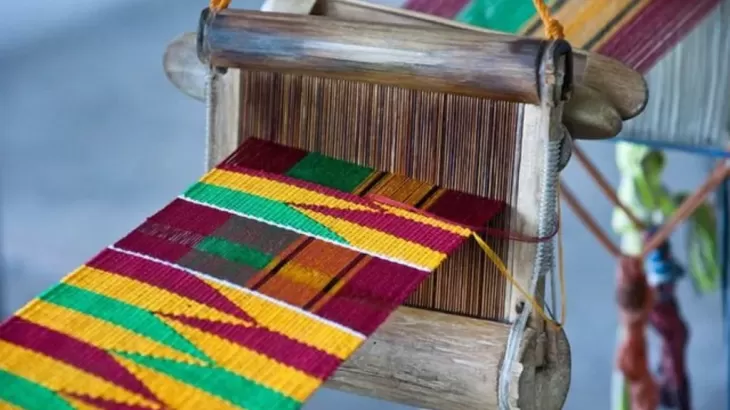
Ghana has achieved a significant cultural milestone as its iconic Kente cloth has been inscribed on UNESCO's Representative List of Intangible Cultural Heritage of Humanity, celebrating the textile's profound historical and artistic significance.
The handwoven textile, originating from the Asante and Ewe communities, is celebrated for its vibrant colors, complex patterns, and deep symbolic meanings that encapsulate the rich cultural identity of the Ghanaian people.
Tourism Minister Andrew Egyapa Mercer hailed the recognition as a powerful affirmation of Ghana's commitment to cultural preservation. "This achievement places Ghana at the forefront of global efforts to safeguard and celebrate cultural traditions," he emphasized.
The Ministry of Tourism, Arts and Culture (MoTAC) expressed gratitude to multiple stakeholders, including President Nana Addo Dankwa Akufo-Addo, UNESCO, and the artisan communities who have maintained this treasured craft through generations.
Special recognition was extended to the Bonwire and Agotime communities, acknowledged as primary custodians of the Kente weaving tradition. The inscription under the 2003 Convention for Safeguarding Intangible Cultural Heritage underscores the textile's global cultural importance.
Kente cloth, known for its intricate weaving techniques and meaningful color combinations, represents more than just a textile—it is a visual language that communicates complex cultural narratives, social status, and historical experiences.
This UNESCO recognition not only honors Ghana's cultural heritage but also helps ensure the continued preservation and global appreciation of this remarkable art form. By highlighting Kente's significance, the inscription promotes international understanding and respect for diverse cultural expressions.
MoTAC has reaffirmed its ongoing commitment to promoting and protecting the nation's cultural legacy, viewing this UNESCO milestone as a crucial step in maintaining and celebrating Ghana's rich cultural traditions.
